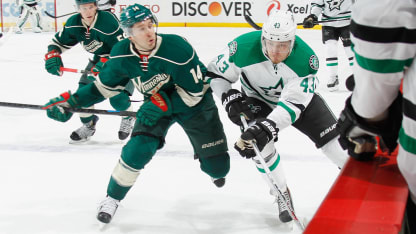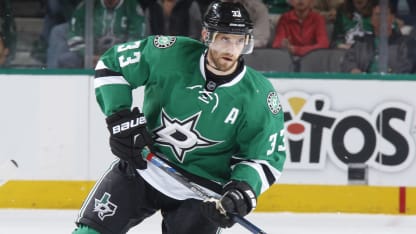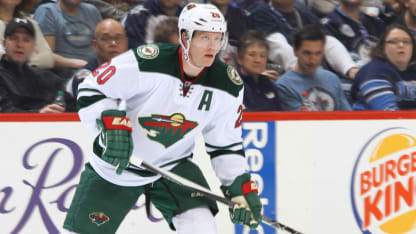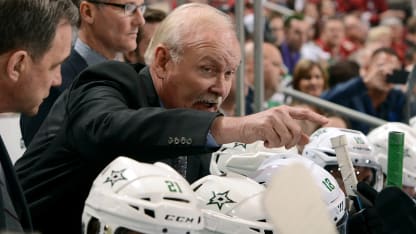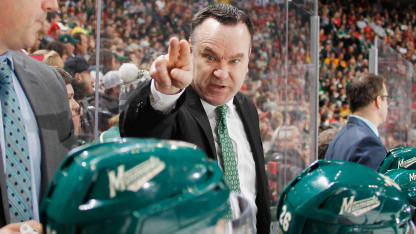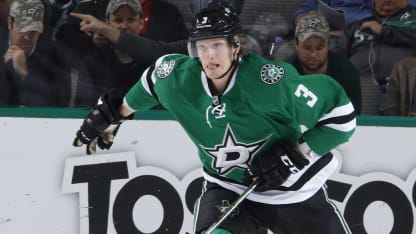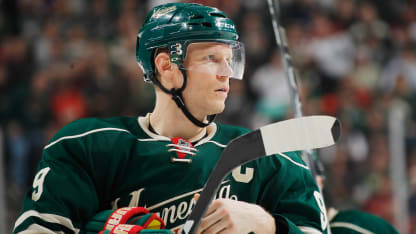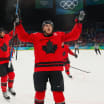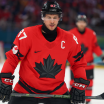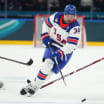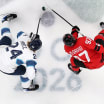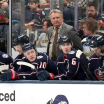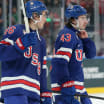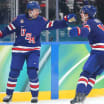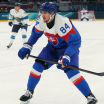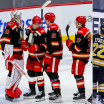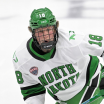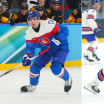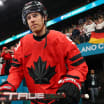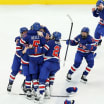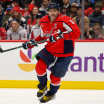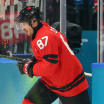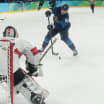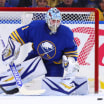Stars: Dallas led the NHL with 265 non-shootout goals. One big reason has been the dynamic offensive duo of Benn and Tyler Seguin.
Benn, the 2014-15 Art Ross Trophy winner, led the Stars in goals (41), assists (48) and points (89). He won the Art Ross last season with 87 points, but Dallas failed to qualify for the playoffs.
There will be no Art Ross Trophy for Benn this year, but returning to the playoffs is all that matters to the captain.
"I think that's the type of player he is," Stars coach Lindy Ruff said of Benn. "It's more about the team than it is himself."
Benn has remained healthy all year following offseason hip surgery and has delivered consistent production. The same can't be said for Seguin, who has missed the past eight games with an Achilles injury sustained on March 14 against the Tampa Bay Lightning. Seguin recently resumed skating and plans to practice Monday. His availability for Game 1 is unclear.
Dallas has also gotten solid production from veteran center Jason Spezza, who spent much of the season centering the second line. Newcomer Patrick Sharp, a member of the Chicago Blackhawks' 2015 Stanley Cup-winning team, came over in an offseason trade. Sharp, who has won the Stanley Cup three times, has provided offense and veteran leadership in the dressing room. Defenseman Johnny Oduya, a member of Chicago's Cup-winning team last year, also joined the Stars during the summer.
"For those guys to come in and help out in little ways in tough games [has been big]," center Cody Eakin said. "Last year I think we were dropping a lot of third-period leads. Them coming in here, coming from a winning team, they bring their experiences in the locker room and leadership. It's obviously nice to have when we're in those tight games and those guys can say, 'let's settle down, let's play the same way regardless of the score and just go out there and do what we do.'"
Eakin is part of a talented group of bottom-six forwards who can contribute secondary scoring at key times.
